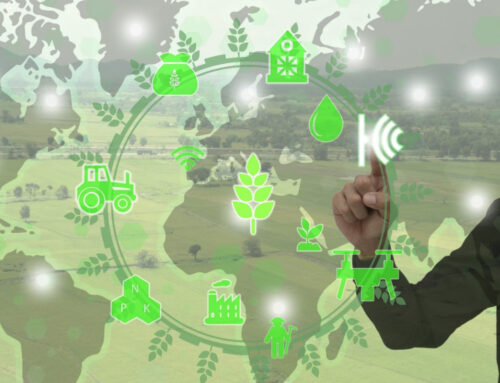Power outages have become the ‘new norm’ in South Africa. However, the impact of the ongoing blackouts on the agricultural sector and the wider economy, holds serious implications for food security and social stability.
Farmers have reported huge losses incurred from damaged machinery and equipment, disruptions to planting schedules, low food production, increased labour costs to cover over-time workers, since systems are often unavailable during regular work hours.
Prolonged and frequent power cuts are creating a major strain on perishable produce by lowering the quantity and the quality of crops, which in turn affects the selling price and ultimately result in increased consumer prices.
The energy crisis is amplifying prevalent inflation by further increasing food prices, putting farmers and consumers under immense financial strain.
Poultry farmers are said to be the most affected by sustained power outages because without heat and lighting, there is slow growth or loss of birds.
The impact of loadshedding on food storage is further contributing to waste and harvest losses since retailers are displeased with the quality of the produce and delivery delays.
The overall effects of power outages have been felt particularly by smallholder farmers who lack the means for alternative sources of power such as solar power, generators, or wind turbines.
Reliable electricity is essential for all farmers to ensure farm productivity, operational cold storage units and adequate water supply.
Hence, solutions such as SolarFi Bliss can make a huge difference for small farmers.. SolarFi Bliss is a mobile unit that can be customized and set up in various communities for farmers to access power, cold storage, and the internet connectivity. This is a flexibly designed solar pond that incorporates both satellite and cellular connectivity, suited for deployment in unserved communities and soon to be manufactured in South Africa.





